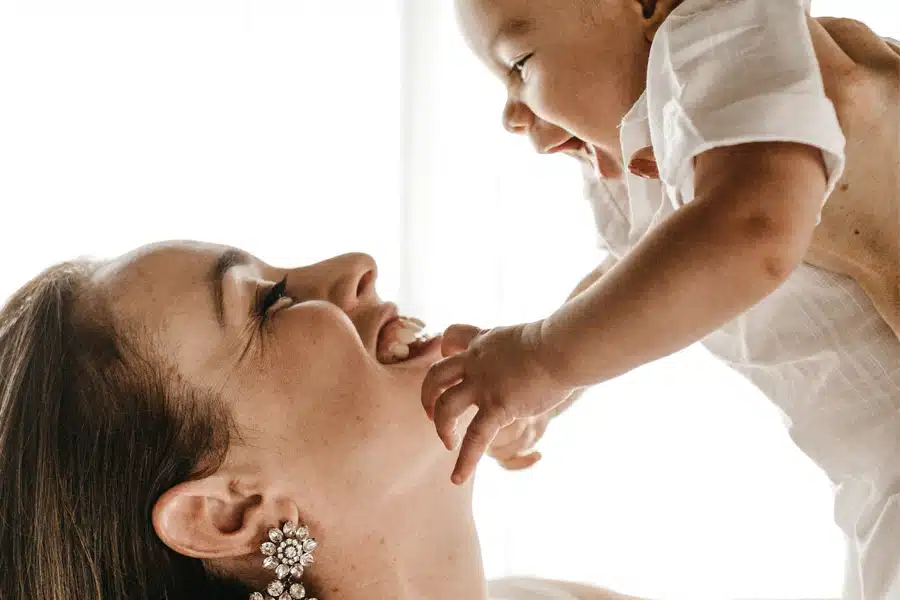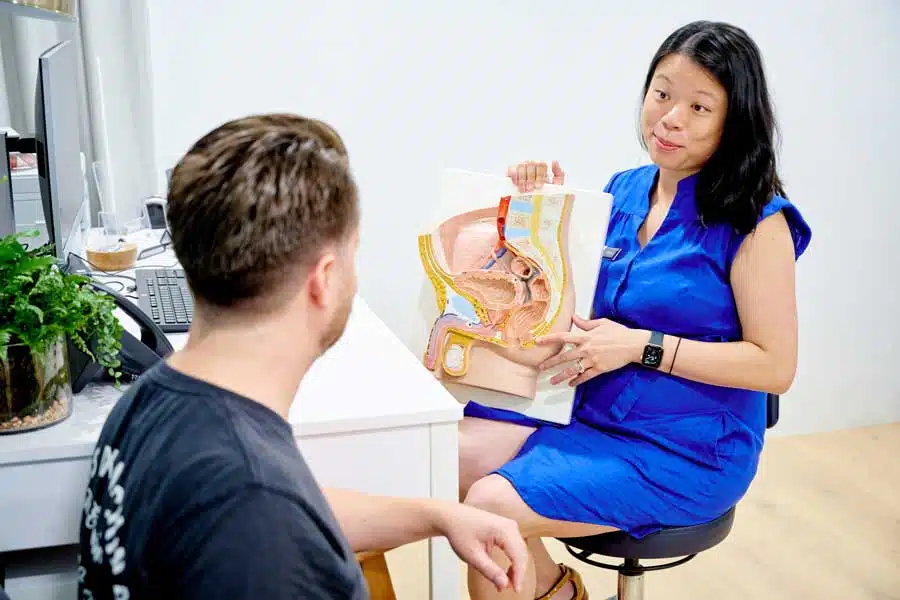As new parents we eagerly await our baby’s firsts … first smile, first words and first steps. As a Physiotherapist specialising in paediatrics, I’m often asked questions such as ‘when will my baby first start to walk?’
There are lots of toys and products on the market that profess to promote development or walking skills, baby walkers are one of the primary products and I am very passionate about discouraging their use.
Baby walkers can hinder development rather than speed it up.
Firstly, there’s a greater risk of your baby getting hurt as walkers have a higher chance of falling or tipping particularly on stairs and uneven surfaces. Your child is higher up in a walker than they’d usually be, they can extend their arms to grab things like hot drinks or breakable objects that ordinarily would be out of reach at their age.
Secondly, lots of time spent in walkers limits your baby’s floor play time that is essential for development. Remember babies should learn to sit and crawl before they walk. I find babies who spend a lot of time in walkers often lose interest in floor or tummy time; they find it is much easier to move around in the walker where their muscles are very supported and they don’t have to work as hard to propel themselves around the room.
In my experience, walkers encourages a tip-toe walking gait which can be a hard habit to break later in their development. To encourage your little one to stand and walk, first make sure they have mastered sitting and crawling. Then try simple activities like standing at an activity table to play or walk by pushing a trolley. These exercises allow your child’s muscles to do the work; it means they’ll develop good balance, stability and strength which sets them on the road to independent walking.
Tots generally start to walk between 12 and 18 months. If you’re concerned about your child’s walking skills or development, we recommend seeing a paediatric physiotherapist.

